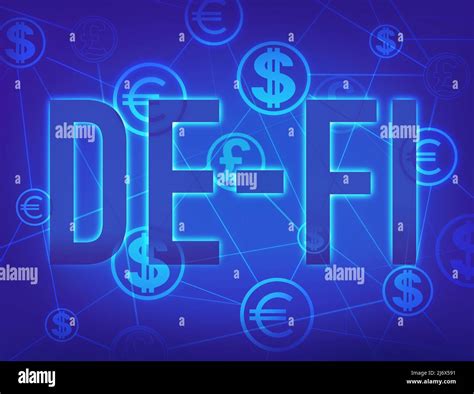The Future of Finance: Exploring the World of Crypto, Decentralized Finance (DeFi), and API Trading with Ledger
In recent years, the world of finance has undergone a significant transformation, driven by technological advancements and shifting consumer behaviors. One area that has gained immense attention is the realm of decentralized finance (DeFi) and cryptocurrency trading. Here, we’ll delve into the world of crypto, explore the concept of DeFi, and examine how Ledger technology can facilitate API trading.
Crypto: A Brief Introduction
Cryptocurrencies, such as Bitcoin, Ethereum, and others, have revolutionized the way people think about money and financial transactions. Unlike traditional fiat currencies, cryptocurrencies operate independently of central banks and governments, allowing for peer-to-peer transactions without intermediaries. The decentralized nature of cryptocurrency provides a secure, transparent, and efficient means of exchange.
Decentralized Finance (DeFi): A New Era in Financial Services

DeFi is a subset of blockchain technology that enables the creation of decentralized financial applications, or DeFi platforms. These platforms allow users to lend, borrow, and trade cryptocurrencies without the need for intermediaries, such as banks or exchanges. DeFi applications often operate on open-source blockchain networks, providing unparalleled transparency and security.
Some key features of DeFi include:
- Lending and borrowing: Users can deposit their cryptocurrencies into lending protocols, earning interest on their holdings.
- Decentralized exchanges (DEXs): Users can trade cryptocurrencies directly with each other without the need for intermediaries.
- Stablecoins: These are cryptocurrency stablecoins pegged to a fiat currency, ensuring price stability and preventing large-scale volatility.
API Trading with Ledger
Ledger technology has become an essential component of DeFi platforms, enabling users to interact with decentralized finance protocols via APIs. With Ledger, users can:
- Connect their wallet: Users can connect their Ledger hardware wallet or software wallets to access API trading capabilities.
- Integrate with DeFi apps: DeFi applications, such as lending and borrowing protocols, provide API access to users’ accounts on the Ledger platform.
- Automate trading: Using APIs, users can automate trades based on market conditions, risk management strategies, or even leverage technical analysis.
Benefits of Ledger for API Trading
The use of Ledger technology in DeFi platforms offers several benefits:
- Security: Ledger’s hardware wallet and software wallets ensure secure storage and handling of cryptocurrencies.
- Speed: API trading with Ledger is significantly faster than traditional exchanges or APIs, allowing users to respond quickly to market changes.
- Flexibility: Ledger enables seamless integration with a wide range of DeFi applications, providing users with unparalleled flexibility in their investment strategies.
Conclusion
The world of crypto and DeFi has revolutionized the way we think about finance, offering new possibilities for secure, transparent, and efficient financial transactions. The integration of Ledger technology into these platforms provides users with advanced API trading capabilities, enabling them to navigate complex financial markets with greater ease and sophistication.
As the cryptocurrency and blockchain landscape continues to evolve, it will be exciting to see how Ledger technology plays a key role in shaping this future. With its focus on security, speed, and flexibility, Ledger is well-positioned to remain at the forefront of DeFi innovation for years to come.
Getting Started
If you’re interested in exploring the world of API trading with Ledger, consider the following steps:
1.








